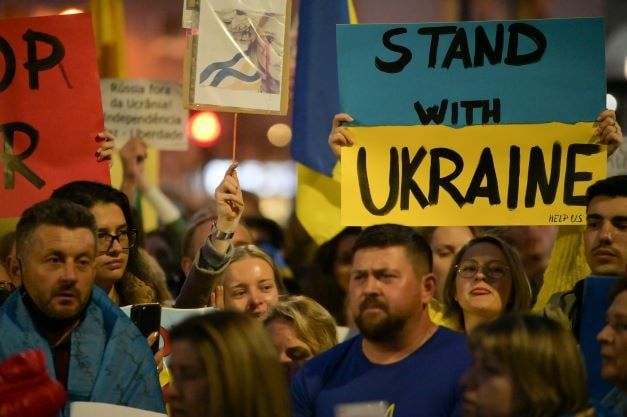Direct European involvement in the Russia-Ukraine conflict would mean World War III
There has been a "very robust and united" response from the European Union. Things are not going well in Moscow if they are requiring the mobilization of reserves and publicly threatening to deploy nuclear weapons.





